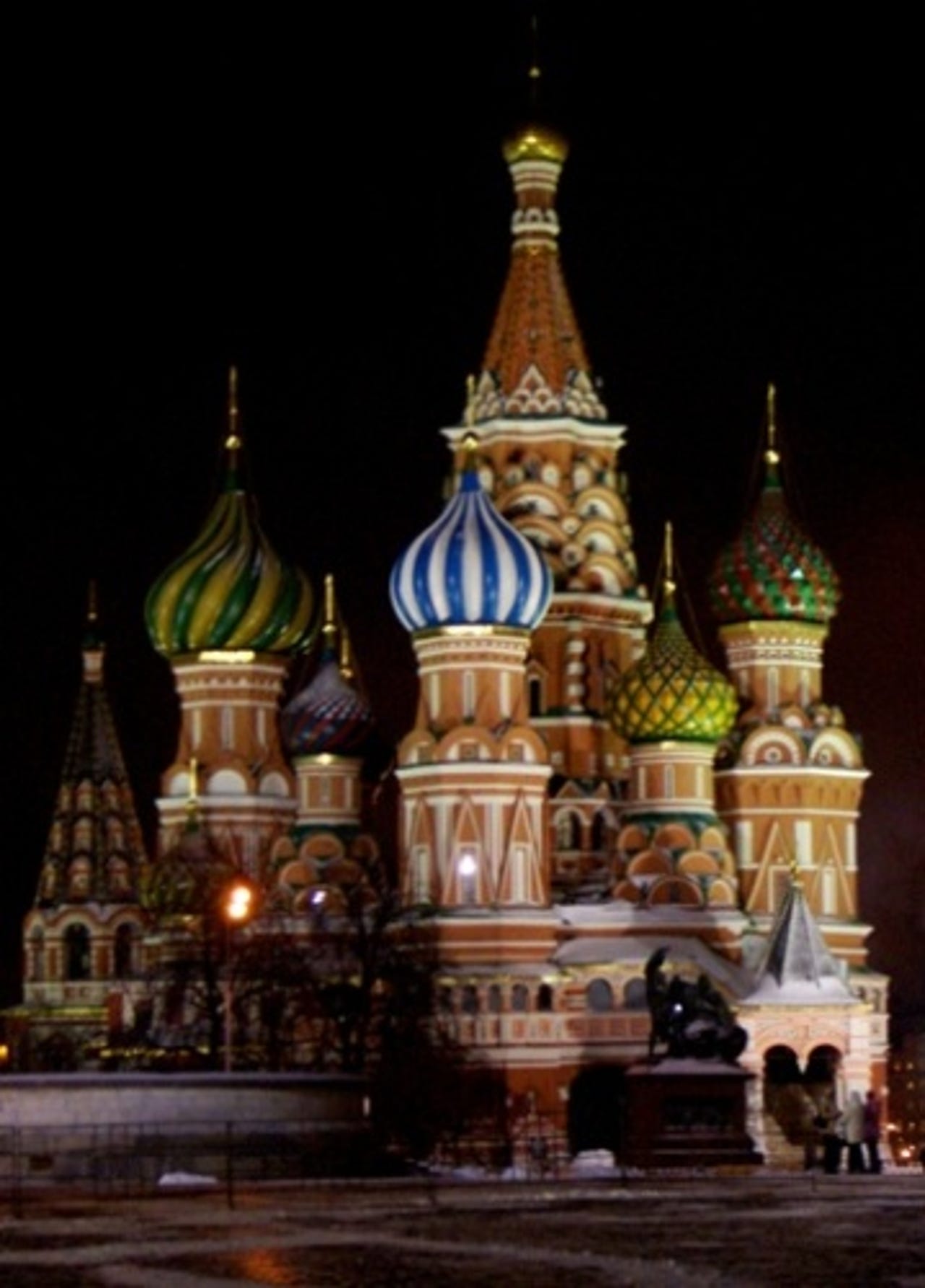Photos: Inside Moscow's Kaspersky Labs


Antivirus firm at the heart of Russia...
St Basil's Cathedral is an image which is unmistakably Russian. But not all associations are so attractive to day trippers and overseas visitors.
Unfortunately among the other things Russia has become closely associated with in recent years is cyber crime - the writing of malicious code, predominantly for financial gain.
Despite this, the city is also home to a fast growing force in the IT security market. silicon.com recently travelled to the Russian capital to visit the offices of Kaspersky Labs.
Photo: Will Sturgeon
On the outskirts of Moscow, Kaspersky Labs occupies four floors of an office which was once the headquarters for the development of Soviet nuclear missile guidance systems. Despite that it looks like any one of a hundred such 1960s tower blocks around the city.
Usually the drive from the centre of Moscow takes considerably longer but almost unprecedented temperatures in the capital of around -35°c mean the roads are empty as many cars have stopped working and people are staying indoors.
Photo: Will Sturgeon
That's 'Kaspersky' to you and me but in Moscow, where the company was founded in 1997, the sign on the front door takes its Cyrillic form.
Photo: Will Sturgeon
The company's Russian roots are never far from display. This picture on the wall of CEO Natalya Kaspersky, shows her meeting Vladimir Putin.
Photo: Will Sturgeon
The view from the top of the Kaspersky offices.
Kaspersky is certainly on the up. Last year revenues rose 75 per cent and the company signed up 30 new OEM partners to take the total to 84. The outlook is good. Though in this picture the same cannot be said. The city is gripped by a cold spell, the likes of which had not been experienced in 50 years.
And it's not just the weather which changes dramatically. Eugene Kaspersky, who co-founded the company in 1997, says Russia is changing fast, in line with other major world cities.
"Sadly Moscow is becoming a very expensive city but we're not going to move," he said.
Photo: Will Sturgeon
The man himself. Company co-founder Eugene Kaspersky has become a respected antivirus expert. Here he talks about the changing face of the virus writing community, with spotty teenagers, keen to prove themselves through some manner of mischief, making way for serious cyber criminals.
Kaspersky is the technical heartbeat of the company and runs the teams of antivirus analysts in the Moscow office.
Photo: Will Sturgeon
One analyst looks on as the other attempts to unpack malicious code and create a virus definition against the clock. The analysts receive hundreds of samples of malicious code each day and their work will most likely never be done.
Two teams work around the clock in 12-hour shifts. Their industriousness is mirrored at sites around the world.
Photo: Will Sturgeon
Malicious code scrolls down the screen as the race to create a virus definition continues. In this instance the work is done well within 15 minutes, though the achievement is tempered by the fact it wasn't new code to Kaspersky but rather an example they already had in the database.
However, the time is typical of what is achieved, according to a spokesman.
Photo: Will Sturgeon